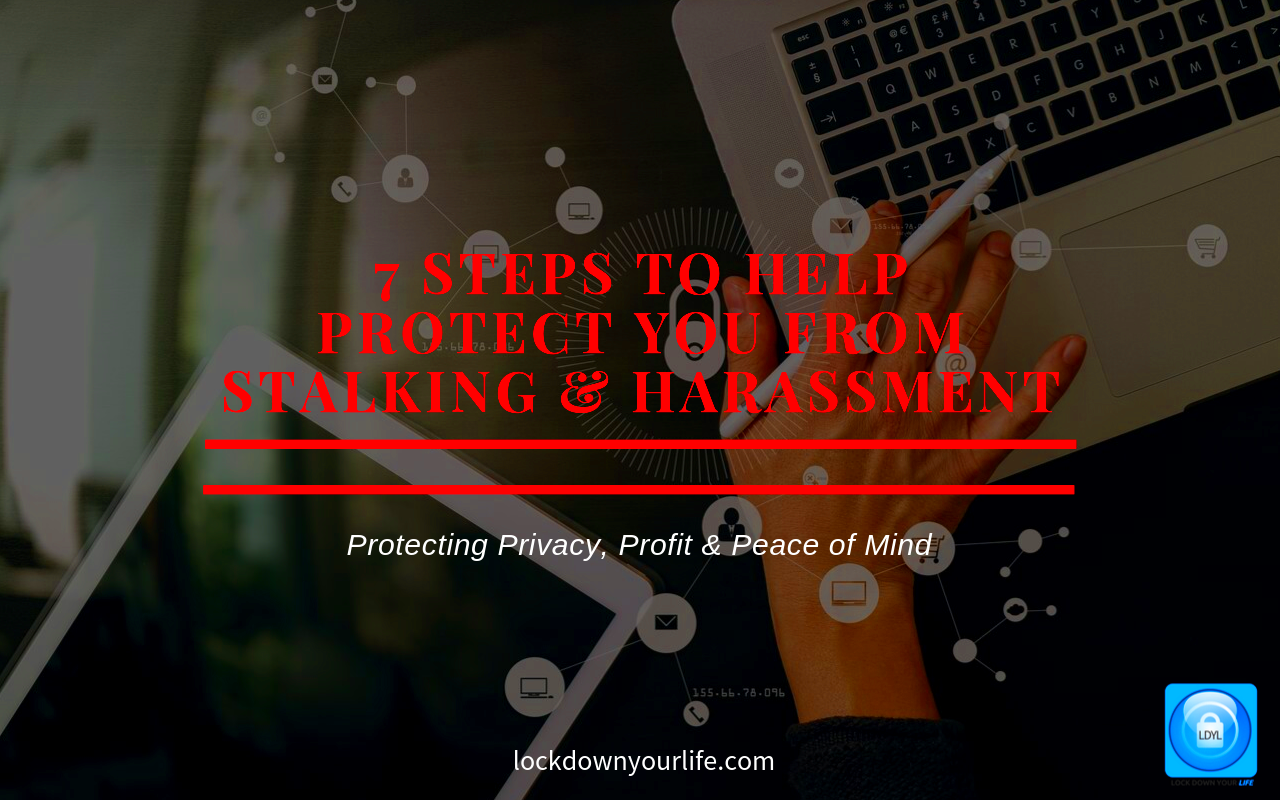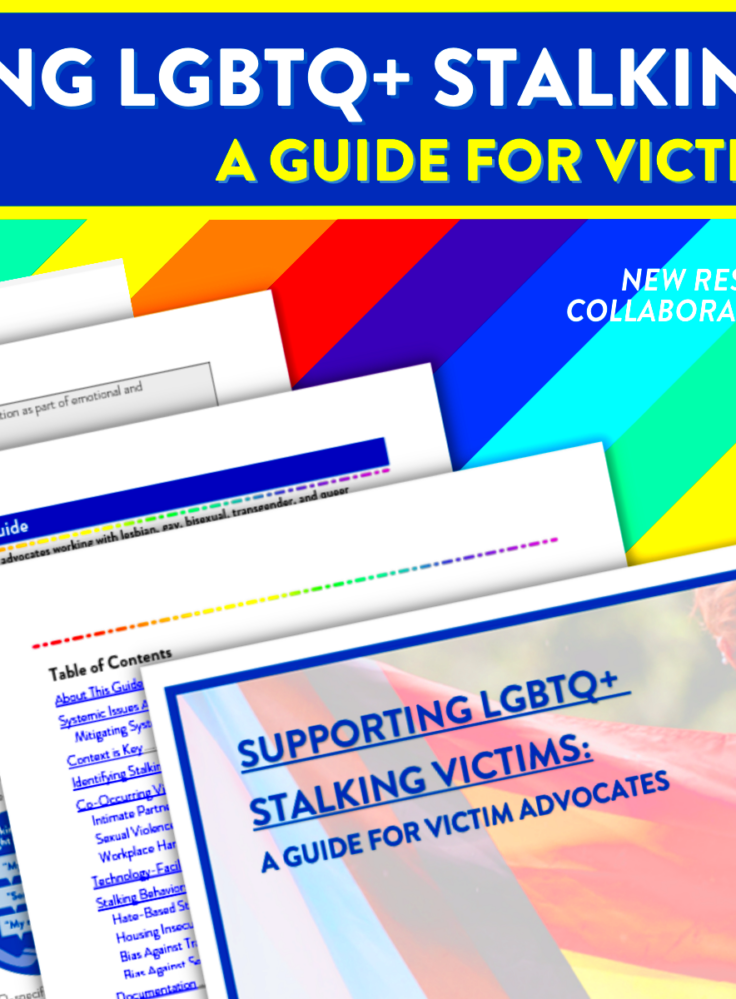Protection and Prevention of Stalking and Harassment in Arizona
Stalking and harassment are crucial issues in Arizona that have an impact on people’s security as well as their emotional stability. Such behaviors may include constant uninvited attention, intimidating threats or correspondences which leads to human fear and worry. It is therefore necessary for anyone who may be going through such confrontations to know what these behaviors are and also understand the available legal protections.In Arizona, they take these crimes very seriously so that there are legal recourses and safeguards in place for victims. To avoid escalating this problem any further, it is crucial to know applicable laws as well as available resources that can be employed to curb or halt cases of stalking or harassment.Specific behaviors are encompassed within set legal definitions of stalking and harassment which differ in Arizona:Often these actions are repeated over and over again by the offender leading victims not only feel insecure but also they may take forms like verbal threats and even physical stalking.Arizona’s had a strict legislation aimed at protecting people from being stalked or harassed. These laws provide the offenders with criminal sanctions and also give the victims a chance to seek for civil remedies.These statutes are meant to ensure safety and tranquillity for victims, while making sure that offenders are held responsible for what they did.
Legal Definitions of Stalking and Harassment

- Stalking: Stalking is defined as repeatedly engaging in behavior that causes a reasonable person to fear for their safety or the safety of their family. This can include following someone, sending unwanted messages, or showing up at their home or workplace uninvited.
- Harassment: Harassment involves a series of acts that are directed at an individual and are intended to alarm, annoy, or harass. This may include threats, verbal abuse, or other persistent, unwanted behavior aimed at causing emotional distress.
Arizona Laws for Protection Against Stalking and Harassment
- Criminal Charges: Stalking and harassment can lead to misdemeanor or felony charges, depending on the severity and the frequency of the offenses. Stalking is often classified as a felony due to the potential for physical harm.
- Restraining Orders: Victims can obtain restraining orders, also known as orders of protection, to legally prevent the harasser or stalker from contacting or approaching them. Violating these orders can result in immediate arrest.
- Enhanced Penalties: Arizona law provides enhanced penalties if the stalking or harassment involves a weapon, a minor, or a victim who has previously filed a restraining order.
Victims of stalking or harassment in Arizona should take fast measures to protect themselves. The law supports you, and there are a number of actions that you can do to guarantee your safety and keep track of the behavior as evidence for judicial process.Given below are essential actions to take:Regain control of your life and make certain that the person who has done this to you is punished by following these steps.For letting stalkers or harassers away from women or people who have been victimized, restraining orders or orders of protection are legal tools used by them. Arizona law allows restriction orders for the purpose of avoiding unwanted contacts thus providing security to the victims.It is an established fact that in Arizona a number of different types of restraining orders exist:1.Identify the reason for requesting a restraining order.
2.Gather evidence to support your claim.
3.Fill out the necessary court forms.
4.Have your forms served to the respondent.
5.Attend court hearing.
6.Comply with the court’s order.
7.Apply for a long-term restraining order.
The move is a good one.
More suggestions for writing in order to use simpler words and maintain an original sense:
– Finish every step you have started; there should be no excuses.
– Don’t write from your point of view; avoid using “I”, “my” etc..
– Start each sentence in a separate paragraph.Capitalize it after full stops inside it.
Steps to obtain a restraining order:
– Identify if this is an appropriate measure or not
– Gather pieces of evidence which support your claim
– Fill respective court forms
– Serve the documents upon whom they were addressed
– Go through the initial proceedings first
– Carry out whatever orders that were made by those who heard the case
When would you like it to be done?
The following ideas are meant to help you achieve clearer expressions and keep meaning unchanged:
– You must complete every task you start; there are no justifications for doing otherwise.
– Do not write from your own perspective; stay away from using “I”, “my” etc., otherwise it will be hard to use simple English without sounding frivolous.
– Begin off paragraphs every time; make sure they start with capital lettering after periods appearing within them
Steps to Obtain a Restraining Order are as follows:
1) Identify if this is an appropriate measure or not
2) Gather pieces of evidence which support your claim
3) Fill respective court forms
4) Serve documents upon whom they have been put
5) Go through initial proceedings first
6) Carry out whatever orders that were made by those who heard the case
Would you want it done?Restraining orders are an essential tool for victims to stay safe and avoid further harassment or abuse.Stalking and harassment are considered crimes in Arizona that attract severe punishments that are in accordance with the nature and gravity of the offenses committed. These penalties aim to prevent such actions from happening again and safeguard the safety of victims from any future injury.In Arizona, stalking and harassment offenses can result in several serious consequences. Here are a few examples:Apart from jail time, the convict may be directed to take counseling or rehabilitation. They may also suffer civil penalties like sanctions or financial compensation to a victim.Arizona’s severe punishments illustrate this state’s goal of shielding people from harassment and stalking through a firm legal framework where perpetrators pay for their deeds.
Steps to Take if You Are a Victim of Stalking or Harassment
- Document Everything: Keep a detailed record of every incident, including dates, times, locations, and the specific actions of the stalker or harasser. Save all messages, emails, or any form of communication that may serve as evidence.
- Inform the Authorities: Report the incidents to local law enforcement. Even if the actions do not seem immediately dangerous, they can escalate, and having a formal record will help your case if legal action becomes necessary.
- Seek Legal Advice: Consult an attorney to understand your rights and the legal options available to you, such as filing for a restraining order or pursuing criminal charges.
- Obtain a Restraining Order: File for a protective order to legally prohibit the stalker or harasser from contacting or approaching you.
- Increase Your Personal Security: Take steps to enhance your personal safety, such as changing your daily routines, installing security systems, or alerting your employer or neighbors about the situation.
How Restraining Orders Work in Arizona
- Order of Protection: This is the most common type of restraining order and is designed to protect victims from domestic violence, stalking, or harassment. It prohibits the offender from contacting or approaching the victim.
- Injunction Against Harassment: This order is for victims who do not have a domestic relationship with the harasser. It prevents the harasser from engaging in any further behavior that causes fear or emotional distress.
- Go to your local courthouse to file a petition for an order of protection or injunction against harassment.
- The judge will review your case and, if there is enough evidence, issue a temporary restraining order, which can later be made permanent.
- Once issued, the police will serve the restraining order to the harasser, making it legally binding. Violating a restraining order can result in immediate arrest.
Penalties for Stalking and Harassment Offenses
| Offense | Penalty |
|---|---|
| Misdemeanor Harassment | Up to 6 months in jail, fines up to $2,500, and possible probation. |
| Felony Stalking | 1 to 3.75 years in prison for a Class 5 felony, and up to 5 years if the crime is aggravated. |
| Aggravated Stalking | Up to 7.5 years in prison for a Class 3 felony if the stalker has violated a restraining order. |
As much as we would love to govern how other people behave, it is not possible. However, recommendations could be put across to limit chances of being harassed or stalked. Such methods of prevention serve as means of ensuring your safety and limiting any possibilities for future stalkers or harassers doing any more damage than they have done in past.In this articles, they will discuss the important ways that people can avoid crime.If you take preventive steps, potential harassers or stalkers will be discouraged and your feeling for personal safety will remain under your control.Understanding the laws concerning stalking and harassment can be very confusing. Here are a few frequently asked questions on these issues in Arizona:Stalking and harassment being serious crimes can game changing to someone’s life. It mandates strong legal protection for individuals who suffer from these actions in the State of Arizona. Therefore, it is important to know the laws, know your rights as well as preventive measures towards these threats.Various legal processes can be followed for this: getting protective orders and approaching the police in order to make sure that the assailants are punished and keeping yourself safe. You should seek help and act if you are experiencing any of these issues.
Preventive Measures for Avoiding Stalking and Harassment
- Maintain Privacy: Limit the amount of personal information you share online. Avoid posting your location, daily routines, or other details that could make it easier for someone to track you.
- Be Aware of Your Surroundings: Always be mindful of your surroundings, especially in unfamiliar or isolated areas. Trust your instincts if something feels wrong, and avoid situations that may put you at risk.
- Set Boundaries: Make it clear to others when their behavior is unwanted or makes you uncomfortable. Firmly establish personal boundaries and be assertive in protecting them.
- Secure Your Home and Devices: Install security systems, change locks if necessary, and ensure your digital devices are secure with strong passwords and privacy settings.
- Keep Important Contacts: Share your concerns with trusted friends, family, or coworkers. Make sure someone knows your whereabouts, especially if you’re dealing with a potentially dangerous situation.
FAQ on Stalking and Harassment in Arizona
- What should I do if I’m being stalked or harassed?
If you are being stalked or harassed, document all incidents thoroughly, including dates, times, and any evidence of the behavior. Contact local law enforcement immediately. It is also advisable to seek legal counsel and consider obtaining a restraining order for your protection. - How do I know if I’m being stalked?
Stalking is characterized by repeated, unwanted behavior that could include following you, constant communication, or making threats. If these actions cause you to fear for your safety, you may be a victim of stalking. - What qualifies as harassment?
In Arizona, harassment includes repeated behaviors meant to alarm, annoy, or harass an individual. This can take the form of threats, obscene language, or persistent unwanted contact through any means, including phone calls, emails, or in person. - How can I get a restraining order?
To obtain a restraining order, file a petition at your local court. A judge will review your petition and decide whether to issue the order based on the evidence and the circumstances you provide. - What are the penalties for violating a restraining order?
Violating a restraining order in Arizona is a serious offense that can lead to immediate arrest. Penalties may include fines, jail time, or both, depending on the severity of the violation and any prior offenses.


